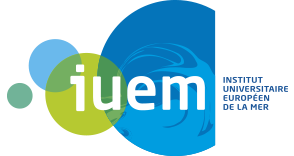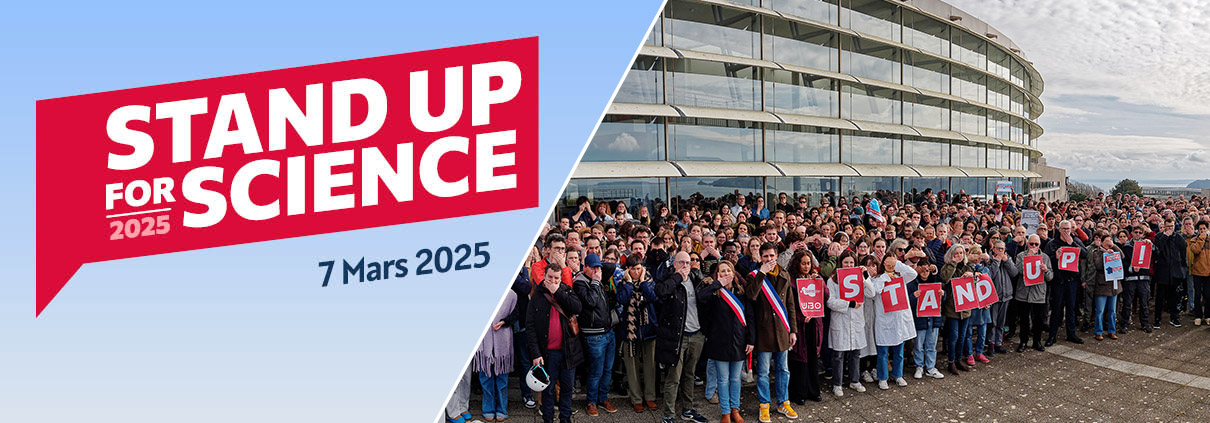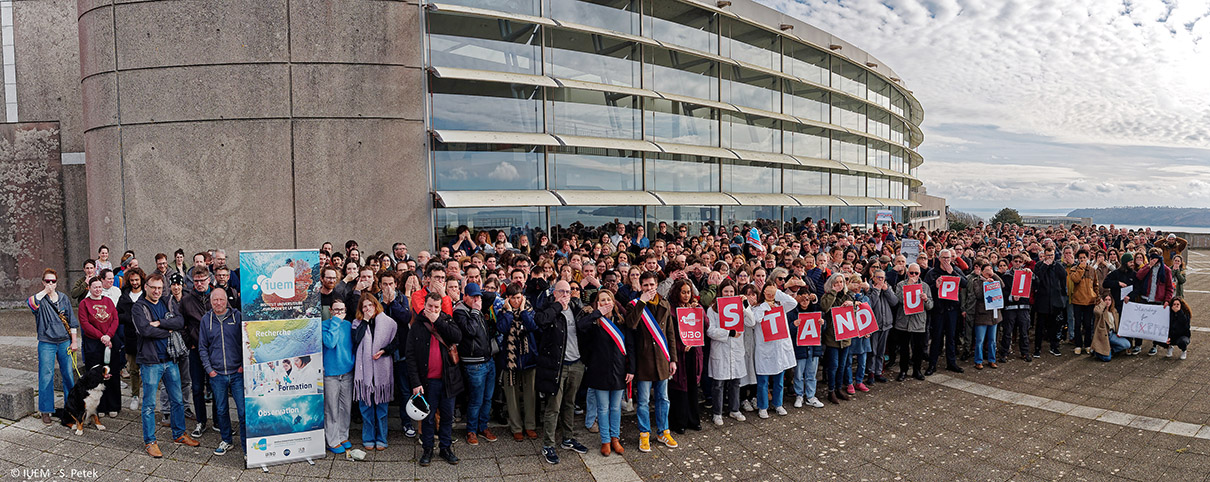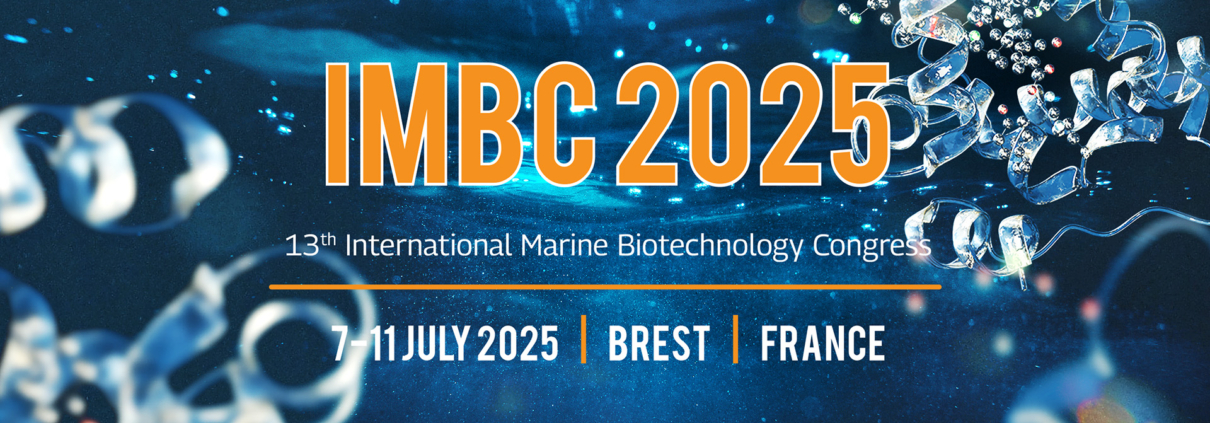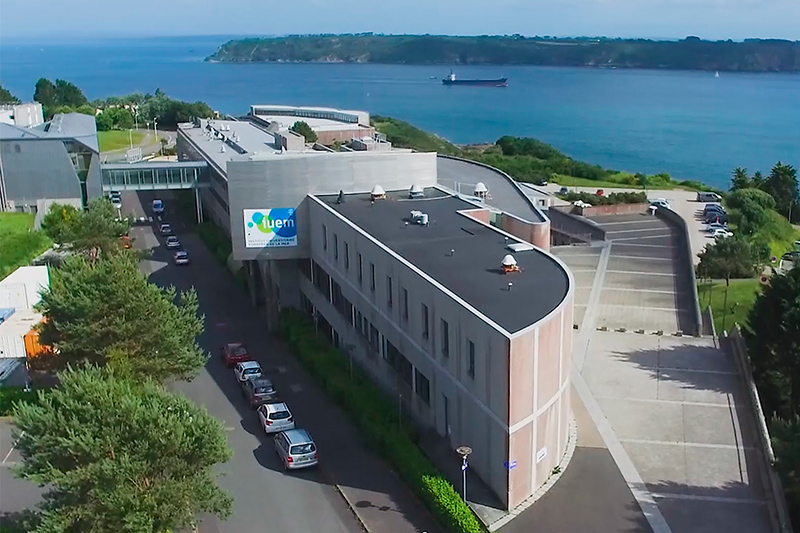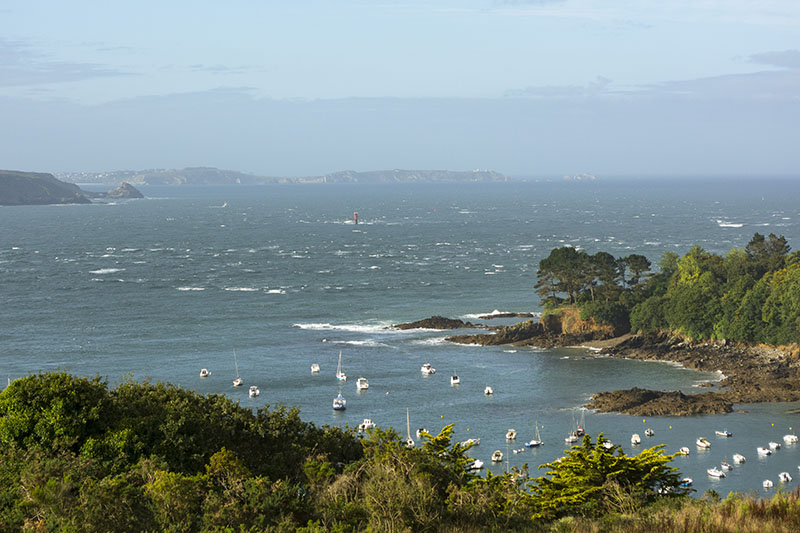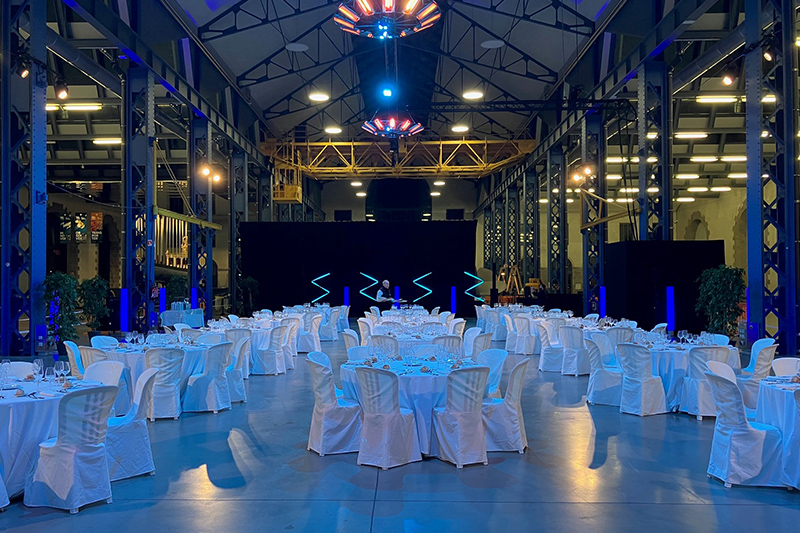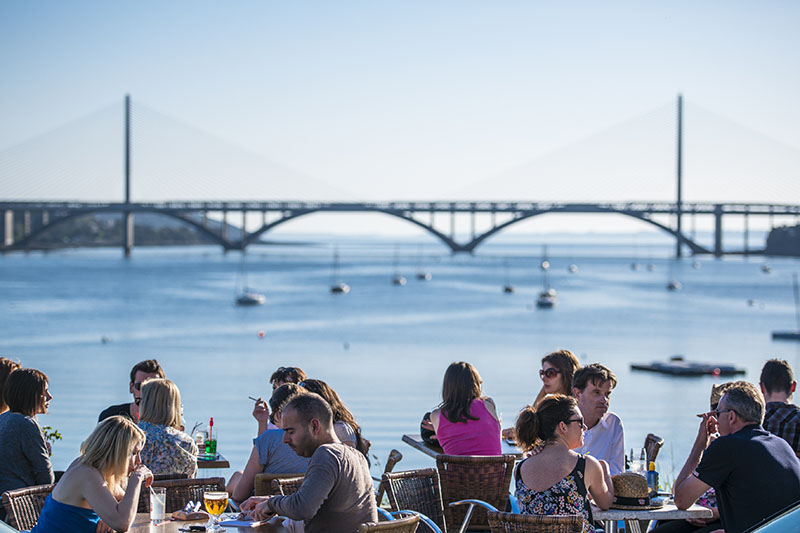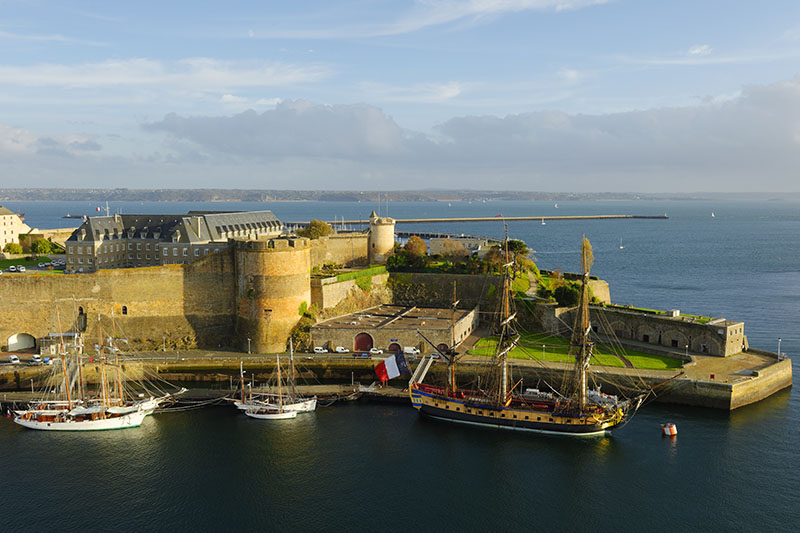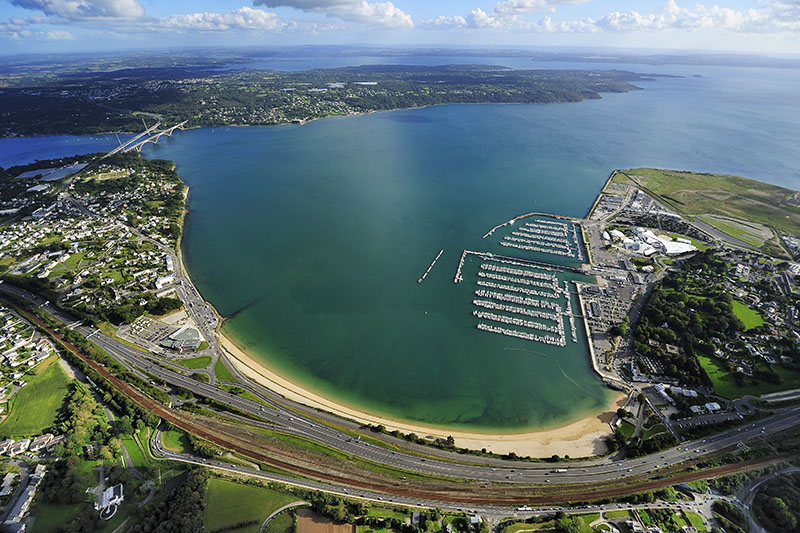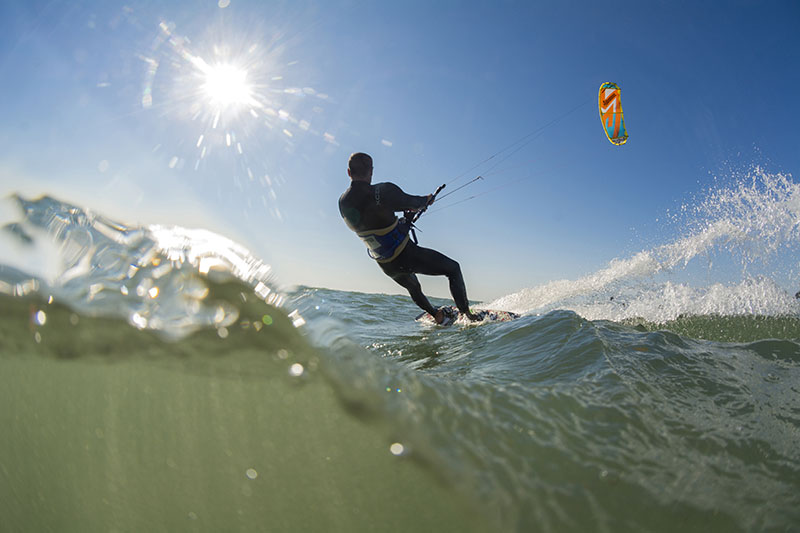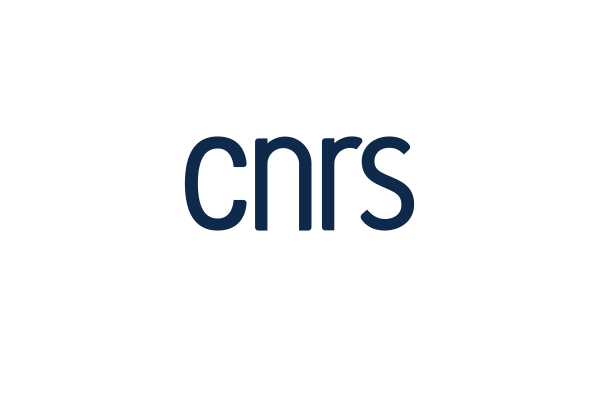You are here: Home1 / Blog2 / News à la Une
https://www-iuem.univ-brest.fr/wp-content/uploads/2025/03/Troisieme-nature-main.jpg
423
1210
Sebastien Herve
https://www-iuem.univ-brest.fr/wp-content/uploads/2018/06/iuem-logo-header.png
Sebastien Herve2025-03-14 16:39:232025-03-14 16:39:23“Troisième Nature” exhibition at the Champs-Libres, in Rennes
https://www-iuem.univ-brest.fr/wp-content/uploads/2025/03/SUFS-2025-main.jpg
423
1210
Sebastien Herve
https://www-iuem.univ-brest.fr/wp-content/uploads/2018/06/iuem-logo-header.png
Sebastien Herve2025-03-10 10:23:572025-03-10 10:23:57Stand Up for Science !
https://www-iuem.univ-brest.fr/wp-content/uploads/2025/03/amure-ban-prix-seignelay-2024-1200.jpg
600
1200
Severine Julien
https://www-iuem.univ-brest.fr/wp-content/uploads/2018/06/iuem-logo-header.png
Severine Julien2025-03-04 19:34:302025-03-10 10:29:43The 2024 Seignelay Prize
https://www-iuem.univ-brest.fr/wp-content/uploads/2025/02/pexels-christopher-politano-978995-30145743-1.jpg
453
1210
Benoit Soyer
https://www-iuem.univ-brest.fr/wp-content/uploads/2018/06/iuem-logo-header.png
Benoit Soyer2025-02-26 17:18:252025-02-26 17:18:25Launch of an IRD Ocean Youth Club in Brest
https://www-iuem.univ-brest.fr/wp-content/uploads/2025/02/IMG_6231.jpg
423
1210
Benoit Soyer
https://www-iuem.univ-brest.fr/wp-content/uploads/2018/06/iuem-logo-header.png
Benoit Soyer2025-02-07 11:44:532025-02-07 16:04:14AMOC, the climate against the current – Pascale Lherminier, UMR LOPS, on France Culture
https://www-iuem.univ-brest.fr/wp-content/uploads/2025/02/JA-Zabri-2024.jpg
423
1210
Sebastien Herve
https://www-iuem.univ-brest.fr/wp-content/uploads/2018/06/iuem-logo-header.png
Sebastien Herve2025-02-03 09:43:402025-02-03 10:54:04A report on the Brest-Iroise Workshop Zone’s annual day: between science and territory
https://www-iuem.univ-brest.fr/wp-content/uploads/2025/01/LL-Ponant-2025-main.jpg
423
1210
Sebastien Herve
https://www-iuem.univ-brest.fr/wp-content/uploads/2018/06/iuem-logo-header.png
Sebastien Herve2025-01-27 13:44:062025-02-05 08:17:30Ponant Living Lab Steering Committee meeting
https://www-iuem.univ-brest.fr/wp-content/uploads/2025/01/C3EM-2025-main.jpg
423
1210
Sebastien Herve
https://www-iuem.univ-brest.fr/wp-content/uploads/2018/06/iuem-logo-header.png
Sebastien Herve2025-01-27 12:10:042025-01-27 12:10:042025 edition of the course “Understanding the environmental challenges of the maritime economy”
https://www-iuem.univ-brest.fr/wp-content/uploads/2024/11/Leaving-X-2-1.jpg
423
1210
Sebastien Herve
https://www-iuem.univ-brest.fr/wp-content/uploads/2018/06/iuem-logo-header.png
Sebastien Herve2024-11-22 09:40:322024-11-22 09:40:32IUEM quits X
https://www-iuem.univ-brest.fr/wp-content/uploads/2024/11/IMBA_2025-Main-1.jpg
1080
1920
Sebastien Herve
https://www-iuem.univ-brest.fr/wp-content/uploads/2018/06/iuem-logo-header.png
Sebastien Herve2024-11-18 16:53:102025-03-21 08:38:34IMBC 2025
Scroll to top
